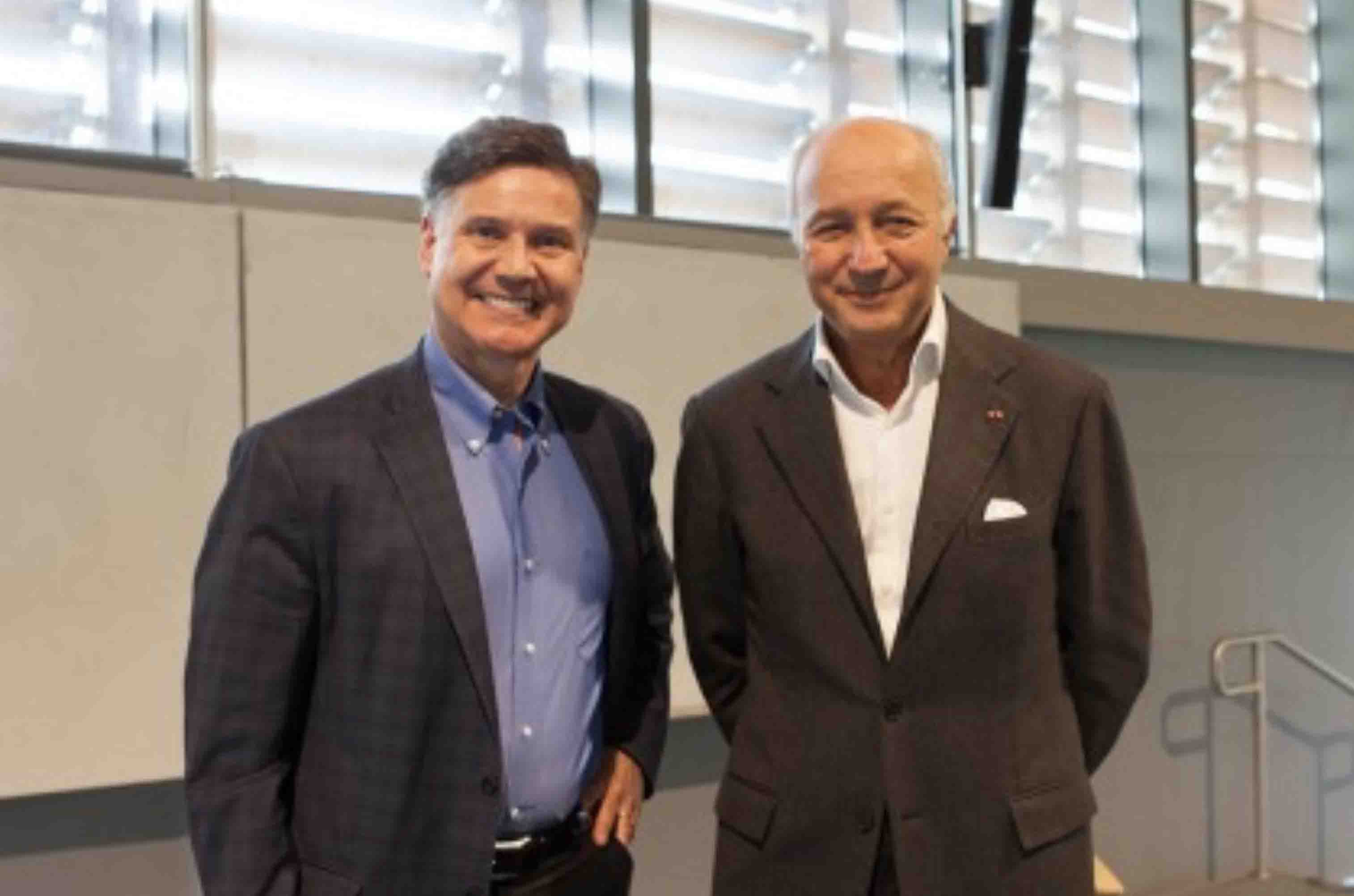
YaleNews
The Yale School of Forestry & Environmental Studies has introduced a new series this semester to convene leaders and policymakers for discussions about contentious environmental issues related to sustainability.
The series, called the Yale Environmental Dialogue, aims to generate tangible solutions to environmental issues through campus discussion and debate. The idea for the program emerged last October when the new dean of the forestry school, Indy Burke, took over, according to Daniel Esty LAW ’86, a professor at the forestry school and the leader of the implementation team for the Yale Environmental Dialogue.
“We hope to use the convening power of Yale and the academic perspective that F&ES offers as a place to bring people together for conversations about some of the difficult issues that need to be discussed to move the world toward a sustainable future,” Esty said.
Esty said the topics to be covered — which are still being decided — may address questions about how the country should make progress on climate change, how to ensure greater ecosystem protection and preservation of biodiversity and how to reconcile the tensions that may exist between economic growth and environmental sustainability. These are issues that have been divisive in current policy conversations, he said.
The series’ inaugural event was held on Sept. 17 and consisted of a panel discussion with Laurent Fabius, the former French prime minister known for his leadership in the negotiations that resulted in the 2015 Paris Agreement on climate change. In the panel, Fabius discussed the obstacles impeding the implementation of the agreement, particularly related to the political dynamic in the United States.
“This is an example of an important topic: How we address climate change and whether the Paris Agreement is going to get us where we need to go,” Esty said. “Having a speaker come with particular insight and a willingness to be involved not just in a speech, but in a conversation — a back-and-forth dialogue — is just one example of what the Yale Environmental Dialogue might do.”
Despite hosting the first event this past September, the forestry school is just beginning to fully flesh out the scope of the YED, Esty said.
Esty added that the committee is considering a variety of formats for future events, some of which would be open to the public and others of which would be closed to encourage honest conversation outside public observation.
“The team is thinking through exactly what structure these dialogues might take, what topics might be covered, what people might be involved and what outputs might be desired,” Esty said.
The YED may also bring together stakeholders on opposite sides of a particular issue and host a dialogue between them, according to a Yale press release. In these conversations, participants would try to develop points of common interest or shared perspectives across different political starting points — which could become the basis for a potential solution.
The series is one of many ongoing conversations occurring at the forestry school designed to resolve divisive environmental problems, Esty said. One such example is The Forests Dialogue, which has brought together more than 2,500 leaders in forest management and spurred action to promote forest conservation around the world.
The new program has the potential to develop tangible results and lead to progress on important issues, according to Gary Dunning FES ’96, executive director of The Forests Dialogue and a member of the YED implementation committee.
“There are so many issues over which people seem very deeply divided,” Esty said. “The hope is that by using our Yale platform, we might find a way to bring people together and to find some common ground that could become the foundation for an action agenda moving forward.”
Amy Xiong | amy.xiong@yale.edu







